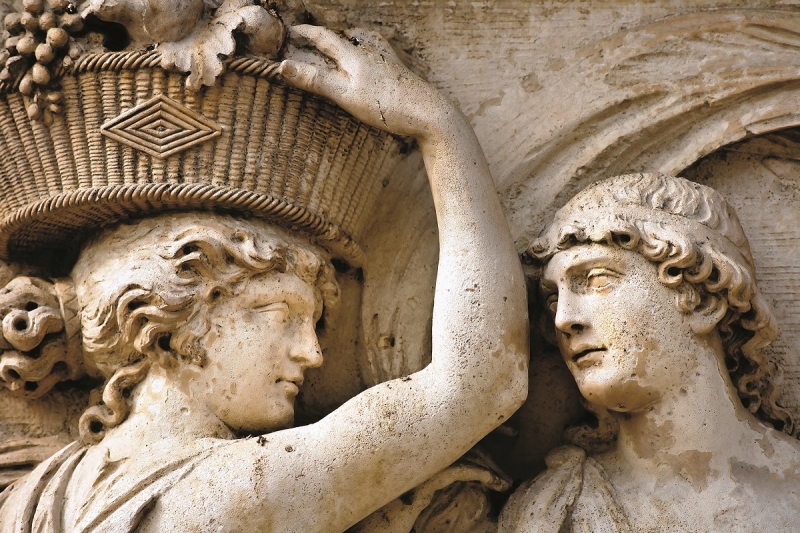Expats moving from one European country to another often expect that they won’t have to deal with culture shock, especially if they feel they have a good idea of the country, its history, and its current events. Greece looms rather large in our cultural imagination, at least in most Western countries, and is therefore often approached in this way. However, the way the country works is sufficiently different to require a fair amount of adjustment and in the meanwhile give you a pretty strong case of culture shock. Here are a few Greek customs and traditions that will probably take some getting used to.1. Spitting: If you’re talking to a local in Greece, and they suddenly spit three times, don’t be upset – you haven’t said anything to offend them and they’re not trying to insult you. Instead, they’re trying to keep away the devil and bad luck. ‘Spitting thrice’ is an old Greek tradition that is supposed to achieve this aim, and it is done when talking about unpleasant things, such as death and sickness, and also when a compliment is given (so as to keep the “evil eye” away from the person being complimented). With some people, the “spitting” is only metaphorical and ceremonial, but others will actually spit on the ground.
2. Tuesday the 13th: In Greece (as in many Spanish-speaking countries), it’s not Friday the 13th that’s feared, but Tuesday the 13th. Tuesday is in general considered to be an unlucky day, and although the number 13 is lucky in Greek culture, the combination of the two is not. As a result, people will abstain from doing certain things on Tuesday the 13th, out of fear that it will be tainted by bad luck. Many Greeks will not sign a contract, embark on a journey, get married, or start a new business on this day. In fact, many businesses will simply stay shut on Tuesday the 13th.
3. Unfinished buildings: You’ll hear from many tourists about the unusual abundance of unfinished buildings in Greece. The popular explanation is that it’s a way to avoid paying tax on the building – the tax is meant to be paid when construction is complete. If your building has construction rods sticking out the top of it, you can claim it’s still unfinished and thus avoid paying tax. Some people say that this is a bit of an urban legend, and it is in fact true that there are other factors at play here. One explanation is that most families in Greece put their own money into building a house, rather than buying a house made by someone else. As a result, they may only construct one floor, and then wait a few years to save up money for the second one. In the meanwhile, construction rods stick out of the top of the house.
4. The ‘first foot’ tradition: Greek culture has a tradition called ‘pothariko’, in which the first person to enter a house in the New Year must be a cheerful, good-natured, innocent, lucky person. This is thought to bring joy and good fortune to the house and everyone who lives in it. In addition, this person’s first step into the house must be on their right foot, and they must follow this up by smashing a pomegranate to the floor. This role is usually given to a young child.
5. Hand gestures: When you don’t speak much of the local language, it’s natural to rely on gestures when communicating. Even when using a familiar language, gestures are an important part of human communication. However, remember that gestures don’t mean the same thing everywhere in the world, so be careful. For example, depending on where you’re from, you may use the thumbs up sign fairly often. In Greece, however, this is considered offensive. The thumbs up sign here is anything but appreciative or enthusiastic. Instead, it is used as an insulting, obscene gesture, similar to raising the middle finger in most English-speaking parts of the world. Another gesture that gets lost in translation is the open palm facing outwards at about neck level, which you may use to politely decline something. In Greece, this again is an obscene gesture.

